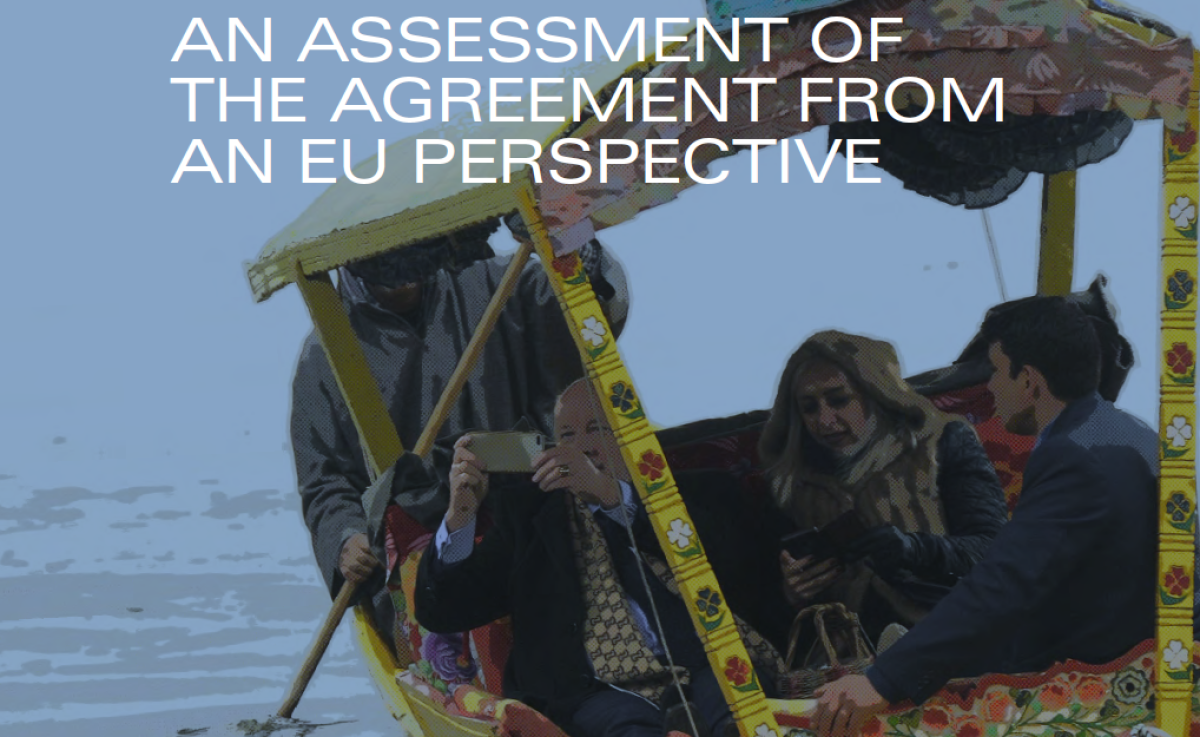EU-India trade deal: Business as usual?
Rosa Luxemburg Stiftung | 7 February 2023
EU-India trade deal: Business as usual?
An assessment of the agreement from an EU perspective
by Lora Verheecke
Executive Summary
EU-India trade negotiations were relaunched in June 2022. Behind the storytelling of the Commission, Member States and business lobbies lies the reality which can not be hidden for long: the EU-India trade deal is a neoliberal deal, entrenched in the idea that more trade between the two markets will bring significant benefits. Benefits there will be, for Indian and European multinationals but people and the planet will significantly lose from this deal.
Little is known on the negotiations but much can be feared: more expensive life-saving drugs in India and the developing world; the pursuit of the privatisation of Indian public services, especially higher education, deepening current inequalities and in some cases bad working conditions for teachers; millions of jobs lost in India in the automobile and dairy sectors, with a considerable impact for small Indian female farmers.
A lot of resistance to EU demands can be expected from Indian trade negotiators, as in 2013 when negotiations were halted. But Indian demands are no better for people and the planet: more exports of rice and grains with dangerous pesticides and chemicals; more exports of textiles made in very precarious working conditions and with a significant impact on water quality and Indian poor neighbours; legitimisation of the Indian government digital surveillance; loss of health jobs in the EU.
A trade deal for businesses, against the climate, labour rights, data privacy, quality and affordable public services and environmental protection. A deal which must be halted, as other EU trade deals with Mexico, Chile, Mercosur, etc.
Read the report (pdf)
About the author
Lora Verheecke is a former trade campaigner and activist based in Brussels. She teaches EU Trade Policy in Lille Catholic University and undertakes independent research on EU trade deals for NGOs, trade unions and political foundations.






